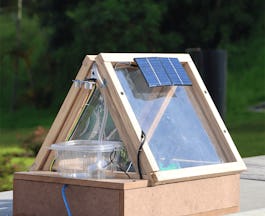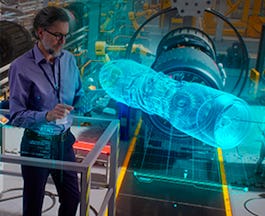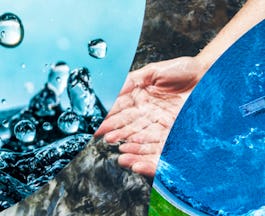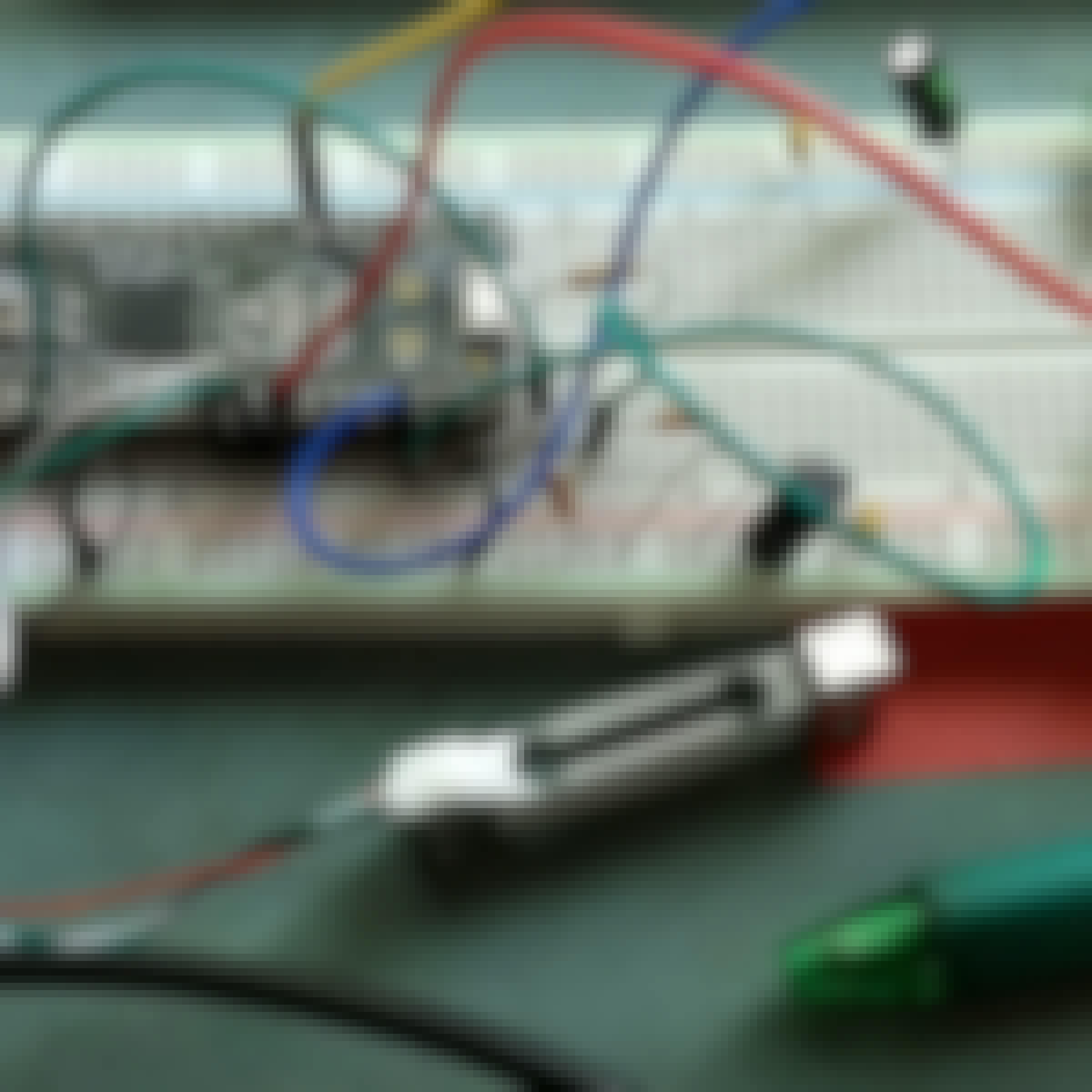Filter by
The language used throughout the course, in both instruction and assessments.
Explore the Hydraulics Course Catalog


L&T EduTech
Skills you'll gain: Engineering Analysis, Engineering Calculations, Structural Engineering, Simulation and Simulation Software, Finite Element Methods, Construction Engineering, Civil Engineering, Engineering Practices, Numerical Analysis, Construction Management, Engineering Design Process


Universidad Nacional de Colombia
Skills you'll gain: Automation, Internet Of Things, Program Development, Computer Engineering, Embedded Systems, Electronic Hardware, Electrical Wiring, Systems Integration, Environmental Monitoring, Electronic Components, Computer Programming, Programming Principles
 Status: Free
Status: Free
Georgia Institute of Technology
Skills you'll gain: Mechanics, Mechanical Engineering, Engineering Analysis, Torque (Physics), Engineering Calculations, Engineering, Systems Engineering, Physics, Structural Analysis, Physical Science, Applied Mathematics, Integral Calculus, Derivatives


Università di Napoli Federico II
Skills you'll gain: Machine Controls, Simulation and Simulation Software, Mechanical Engineering, Computer Vision, Experimentation, Matlab, Technical Design, Vibrations, Hydraulics, Mathematical Modeling, Integration Testing, Automation


Indian Institute of Science
Skills you'll gain: Semiconductors, Hardware Design, Electronic Systems, Embedded Systems, Electrical Engineering, Mechanical Engineering, Manufacturing Processes, Test Engineering, Electronic Components, Engineering Design Process, Systems Integration, Process Development


PepsiCo
Skills you'll gain: Water Resources, Environment and Resource Management, Natural Resource Management, Environment, Corporate Sustainability, Environmental Resource Management, Stakeholder Engagement, Hydraulics, Civil Engineering, Strategic Planning, Governance, Public Works, Forecasting, Environmental Issue, Environmental Policy, Quantitative Research, Supply Chain, Law, Regulation, and Compliance, Economics, Environmental Monitoring


University of Colorado Boulder
Skills you'll gain: Embedded Software, Embedded Systems, Electronic Systems, Electronic Hardware, Machine Controls, Hardware Design, Equipment Design, Design Specifications, Power Electronics, Electronic Components, Electrical Wiring, Torque (Physics), Engineering Calculations, Physics


PepsiCo
Skills you'll gain: Water Resources, Environment and Resource Management, Natural Resource Management, Environment, Environmental Resource Management, Hydraulics, Civil Engineering, Environmental Issue, Governance, Quantitative Research, Economics, Mathematical Modeling

Skills you'll gain: Systems Integration, Engineering Design Process, Simulation and Simulation Software, Mathematical Modeling, Engineering Analysis, Matlab, Engineering Software, Engineering, Mechanical Engineering, Electrical and Computer Engineering


Rice University
Skills you'll gain: Anatomy, Electocardiography, General Medicine, General Medical Tests and Procedures, Vital Signs, Infectious Diseases

Skills you'll gain: Embedded Systems, Machine Controls, Electronic Systems, Automation, Power Electronics, Engineering, Electronic Components, Basic Electrical Systems, Mechanical Design, Mechanical Engineering, Hydraulics, Thermal Management, Matlab, Real Time Data
 Status: Free
Status: Free
Pontificia Universidad Católica de Chile
Skills you'll gain: Structural Analysis, Civil Engineering, Water Resources, Engineering Analysis, Engineering, Engineering Calculations, Hydraulics, Physical Science
In summary, here are 10 of our most popular hydraulics courses
- Deep Excavations and Support Systems : L&T EduTech
- Aprendizajes en Ingeniería y Agricultura con Arduino: Construcción y automatización de un invernadero: Universidad Nacional de Colombia
- Engineering Systems in Motion: Dynamics of Particles and Bodies in 2D Motion: Georgia Institute of Technology
- Modelling and simulation of mechanical systems: Università di Napoli Federico II
- Micro Electromechanical Systems: Indian Institute of Science
- PepsiCo: Water Stewardship: PepsiCo
- Pressure, Force, Motion, and Humidity Sensors : University of Colorado Boulder
- The Water Cycle: PepsiCo
- Designing and Simulating Physical Models: MathWorks
- Anatomy & Physiology: Fluids, Transport, and Defense: Rice University











